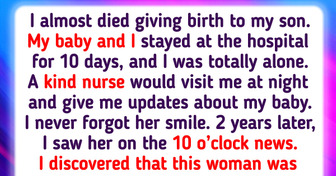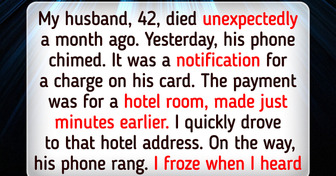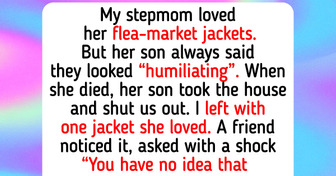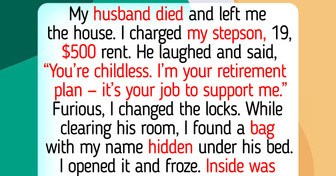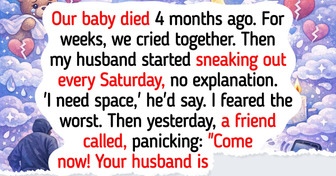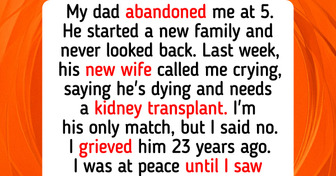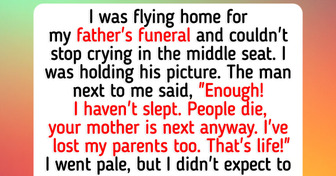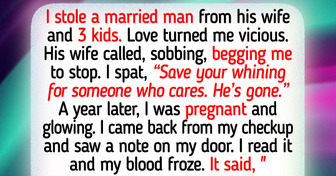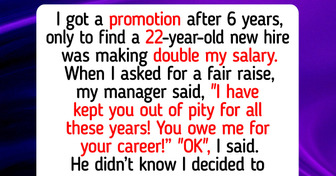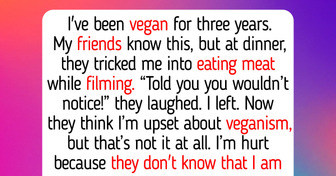I Refuse to Cancel My Vacation for My Sick Stepdaughter—And I Don’t Regret It

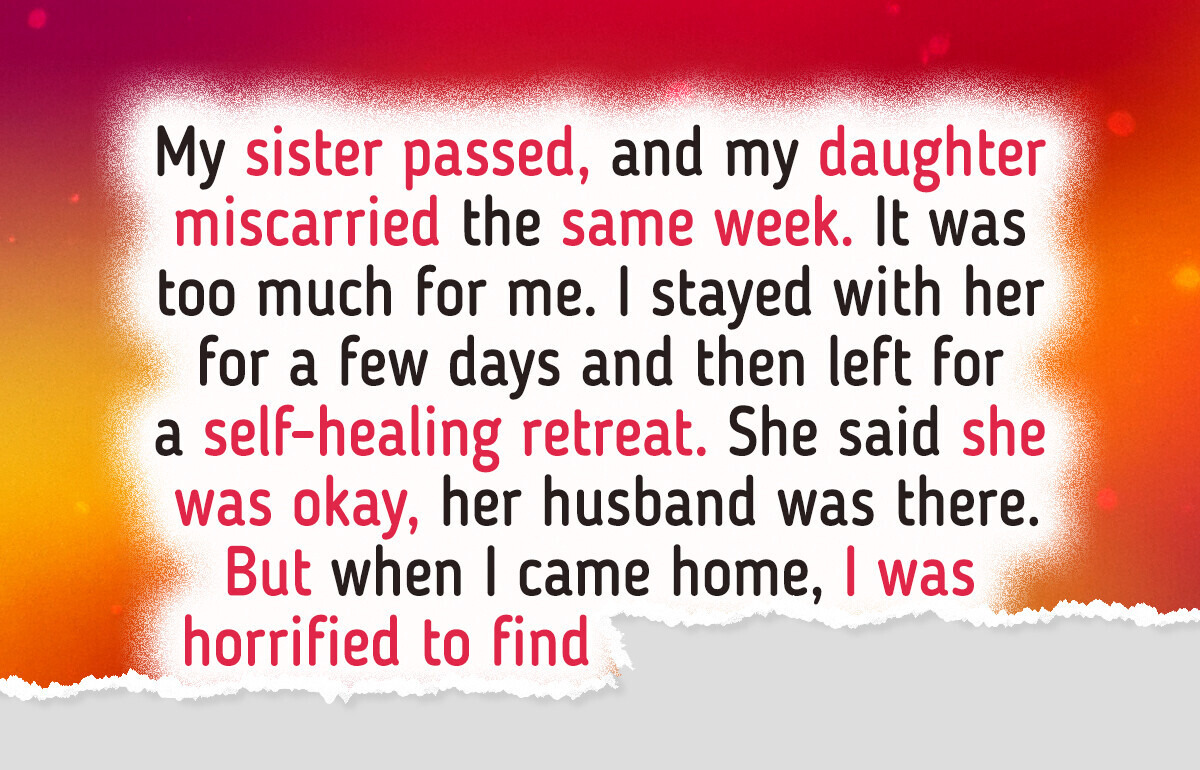
Families are meant to be our safe harbor during life’s darkest storms, but sometimes even those closest to us can become sources of unexpected pain. In the wake of deep personal loss, when emotions are raw and hearts are heavy, misunderstandings can cut even deeper. This is a story about grief, family tension, and the complicated ways love can get tangled with anger.
My sister passed, and my daughter miscarried the same week. It was too much for me. I stayed with her for a few days and then left for a self-healing retreat.
She said she was okay, her husband was there. But when I came home, I was horrified to find all of my belongings had been put in boxes.
Taped on one of them was a note: “Since you abandoned me when I needed you most, you don’t deserve to live here anymore. Find somewhere else to ’retreat’ to.” I was absolutely stunned.
My heart dropped as I stood there in silence, surrounded by boxes that once held the rhythm of my daily life—now reduced to a cruel message of exile. I had gone to heal, not to be erased.
While I was gone, they had packed up everything I owned. My daughter and son-in-law gave me two days to collect it all and find somewhere else to stay.
No conversation. No warning. Just... thrown out of what had felt like my only home.
Now, I’m living in a friend’s guest room, surrounded by boxes, trying to figure out what to do next. I’m heartbroken—not just for losing my sister, but now feeling like I’ve lost my daughter too.
Was I wrong to prioritize my healing even when someone I loved was grieving? I don’t know what to think anymore.
Thank you for sharing your story! Here are a few tips that can help you navigate through this unfortunate situation.
Grief is a natural response to loss. It’s the emotional suffering you feel when something or someone you love is taken away. You’re allowed to grieve your sister. Your pain is valid, even if others are hurting too.
Healing doesn’t make you selfish—it makes you human. Try not to carry guilt for seeking emotional survival during a time of overwhelming loss.
People often don’t know what they should say to someone in the daily hurts that confront us, and especially when tragedy strikes. While your daughter’s reaction was harsh and deeply hurtful, it likely came from her own place of trauma.
Both of you experienced devastating losses at the same time. Recognizing this doesn’t excuse what she did—but it may help you process the emotional explosion that occurred.
If the problems in your life are stopping you from functioning well or feeling good, professional help can make a big difference. And if you’re having trouble, know that you are not alone.
Consider joining a grief support group or speaking with a therapist—especially one experienced in family estrangement or complicated grief. A safe, nonjudgmental space where you can unpack everything you’re feeling will help you regain a sense of clarity and self-worth.
Grief can blur boundaries, strain relationships, and leave us questioning our choices when emotions run deep. What would you say to someone facing this kind of heartbreak—when love and loss seem to pull in opposite directions?

